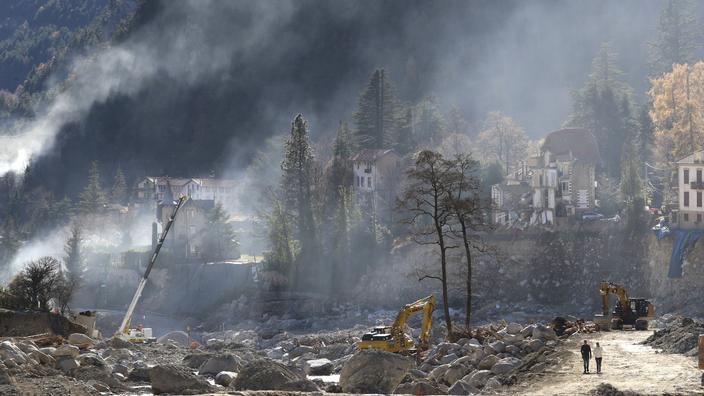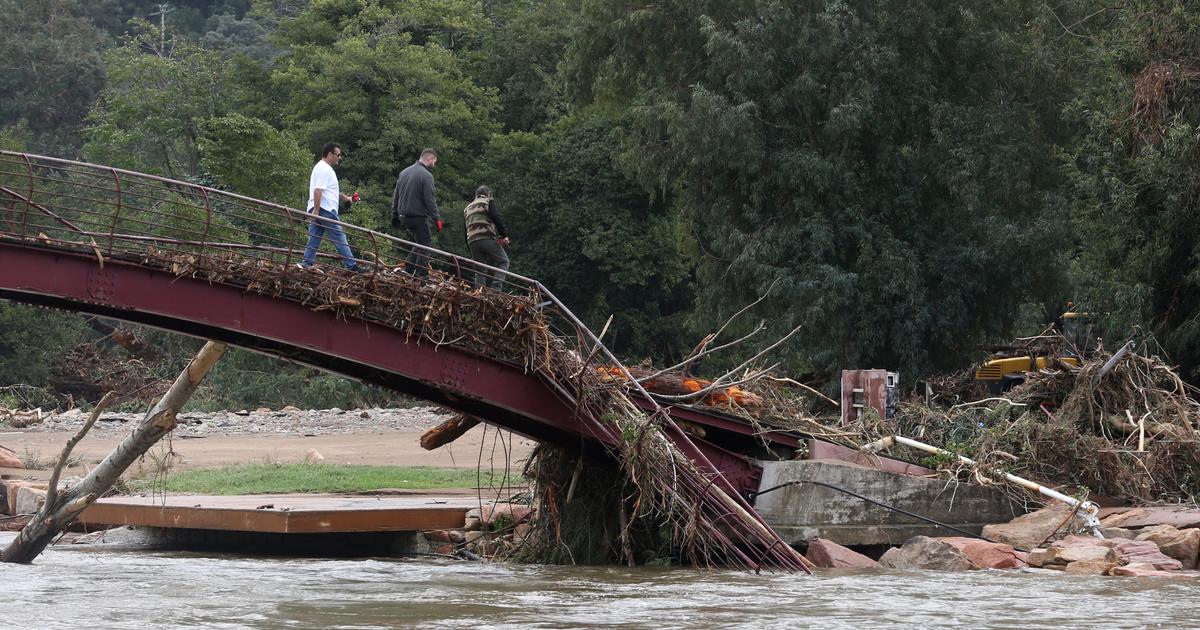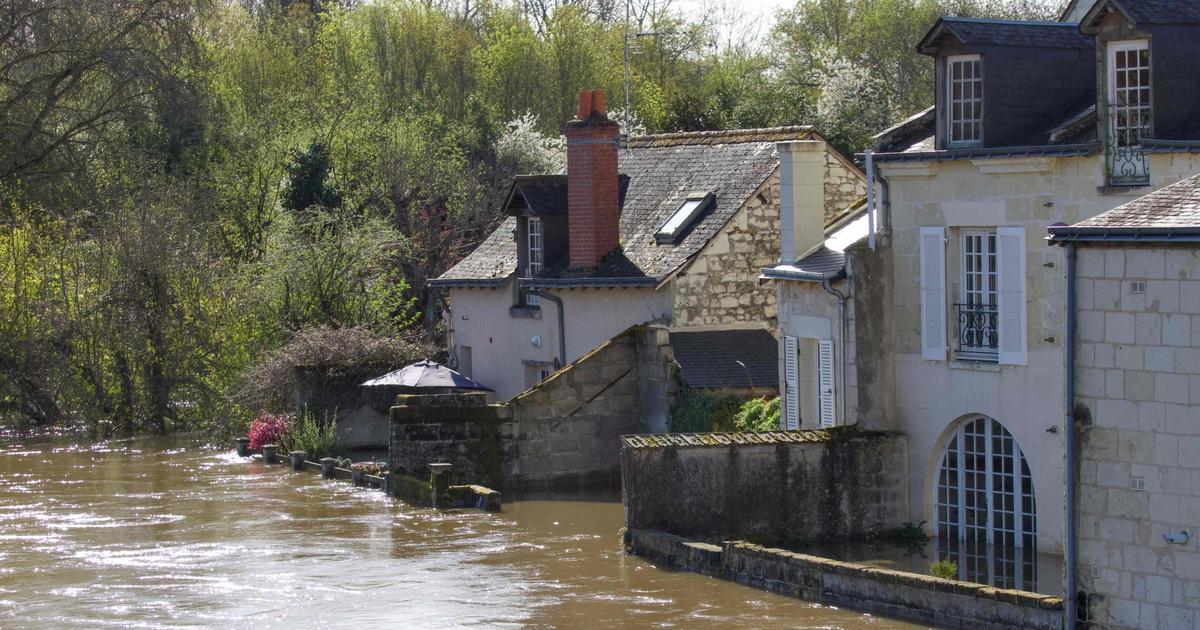Devastating floods, deadly storms, devastating forest fires… Almost 5 years after the Paris climate agreement, extreme climate incidents are on the increase:
“
Extreme weather events linked to climate change are the main driver of the doubling of natural disasters in the world in twenty years,
”
the UN recently indicated.
Beyond the human tragedies and those caused on nature and biodiversity, climate change also has a financial cost which continues to increase.
Insurers are on the front line to assess the concrete consequences of this climate change.
According to them, the bill for compensation for climate disasters has already more than doubled in 25 years.
The cost of these natural phenomena characterized by their high intensity fell from an average of 1.2 billion euros between 1984 and 1989 to 3.2 billion euros between 2015 and 2018. Due to the increase in future incidents, the cost of claims is expected to continue to rise.
According to insurers, the situation will worsen, they anticipate additional costs of 13 billion euros in compensation in addition to insurers by 2040, estimates the French insurance federation.
These risks are covered by insurance and reinsurance contracts - which allow insurers to insure - but this constantly rising cost is causing the sector to react.
First, the market revised the conditions of certain hedging contracts.
This is the case in the United States where companies are reluctant to insure certain threats, in particular the risk of fire in areas where it is increasing, such as California or Colorado for example.
Same movement in Australia where it is becoming difficult to cover against the risk of sea level rise. In France, since the early 2000s, forest insurers no longer cover the Mediterranean region, just like the "
red zones
".
»Considered uninsurable because the probability of occurrence of the loss is too high.
The community must then bear this risk.
In fact, forest fires increased by 18% between 1960 and 2008 according to Météo France and the fire risk should increase by 30% by 2040.
In the longer term, the sector is campaigning for better prevention of these climatic hazards.
In France, the natural risk prevention plan (PPRn) defines vulnerable areas which are thus non-building areas.
By law, the insurer is not obliged to grant cover for natural disasters in these places.
"In
order not to leave the population and businesses without protection in the event of disasters, it is urgent to act more against global warming and to invest in the prevention of the risks associated with it to guarantee their insurability
", warned Denis Kessler. president of Scor, in a column published in
Les Échos
.
In addition, the boss of the fourth reinsurance group affirms that he sends clear signals to policyholders "
so that they reduce their carbon emissions, under penalty of losing their insurance coverage in the long term, but also by disinvesting companies contributing to global warming. climate
”.
An observatory of sustainable finance to encourage the sector's commitments
The insurance federation recently created a Sustainable Finance Observatory to encourage and monitor the sector's commitments.
In particular, it encourages its members to contribute to the objective of carbon neutrality by 2050 through an exit from coal or a transition to a low-carbon economy.
“
The objective of the Observatory is to contribute to the understanding, monitoring and evaluation of the gradual transformation of the financial sector towards sustainable finance
”, indicates the federation.
The sector is showing success in the coal industry.
Thus, the withdrawal of many insurers from this polluting energy has clearly complicated the fact of insuring projects linked to coal.
“
At least 23 insurers have ended or limited their coverage to coal projects, which represents 12.9% of the primary insurance market and 48.3% of the reinsurance market
,” says the NGO group “
Insure Our Future
”which campaigns for a carbon-free world.
At least 65 insurers "
have either adopted a policy of disinvestment, or have undertaken not to make new investments in coal
", indicates the collective.
The NGOs are therefore calling on companies to renew their actions with oil and gas. Among the European groups, the French Axa and Scor, but also the Germans Allianz, Munich Re or even the Swiss Zurich "
must at least stop insuring and investing in companies that plan to open new oil reserves. and gas,
”notes Lucie Pinson, Managing Director of Reclaim Finance, a member of the collective. The road to “
sustainable finance
” advocated by the sector to fight against global warming is still long.









